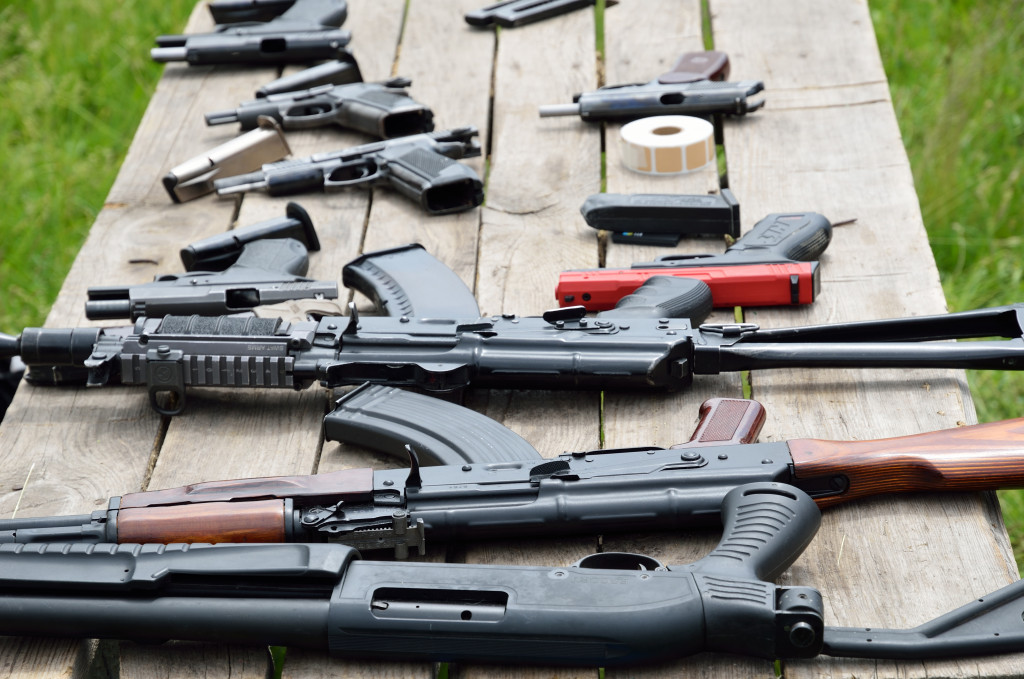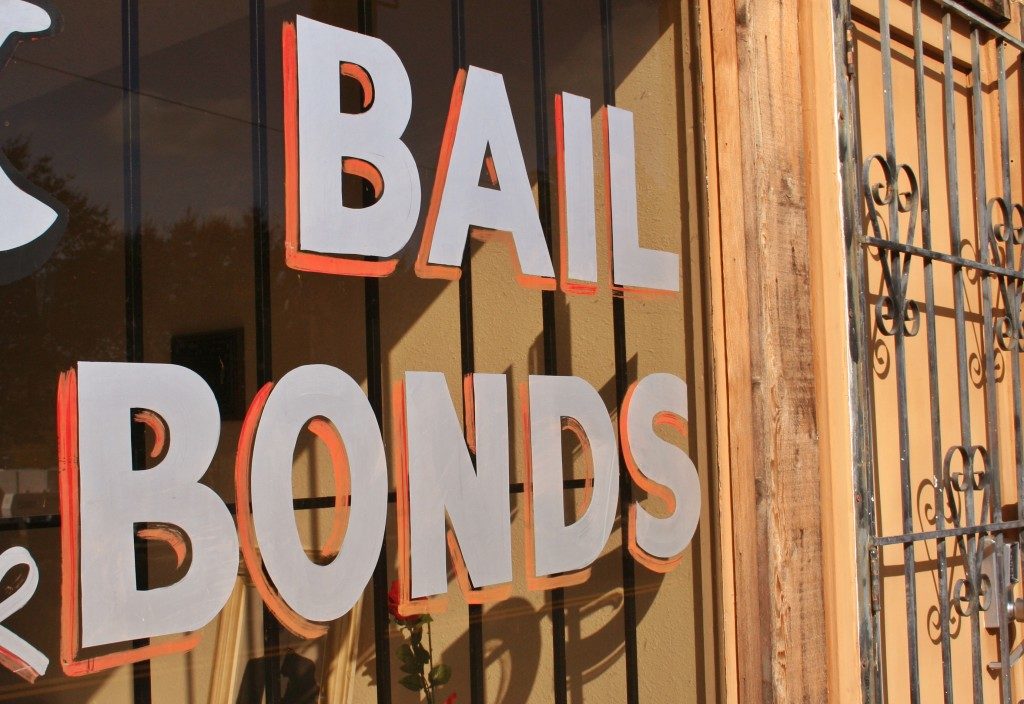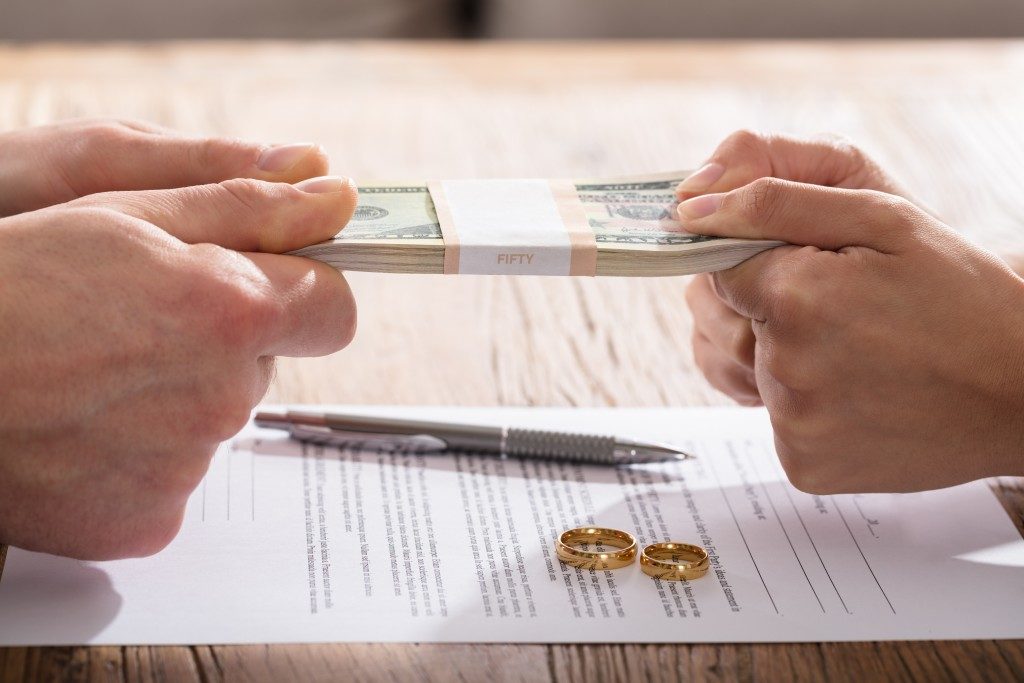- Firearms are heavily regulated by federal and state laws, including age restrictions and background checks.
- Some types of firearms, such as fully automatic guns, short-barreled rifles, shotguns, and silencers, require special licenses and permits to own.
- Safe storage is mandatory for firearms, especially when children are present, and owners can be liable for negligence.
- Use of force laws vary by state and locality, dictating when lethal force can be used in self-defense.
- Purchasing from a licensed dealer is essential to ensure compliance with the law.
Are you a gun owner or considering purchasing a firearm for the first time? It’s essential to understand the legal aspects of owning a gun. Regulations and laws vary by state and even by locality, so it’s necessary to do your research. Below are a few key things you should know about the legal aspects of owning firearms.
Firearms are heavily regulated.
Owning a firearm comes with a lot of responsibility because firearms are heavily regulated by federal and state laws. Federal laws that apply to firearms ownership include age restrictions, background check requirements, and regulations surrounding the manufacture and transfer of firearms. Additionally, states may have laws and regulations which can vary greatly. Some states require permits or licenses to own guns, while others do not.
Not all firearms are legal.
It’s important to note that not all firearms are legal to own. Certain types of firearms are regulated under the National Firearms Act. Here are some examples:
Fully automatic guns
Fully automatic guns are legally classified as machine guns and require a special license to purchase. They are regulated by the National Firearms Act and, in some cases, may require additional permits from state or local authorities.
Short-barreled rifles
Short-barreled rifles are subject to regulation under the National Firearms Act. This includes any rifle with a barrel that is less than 16 inches in length. These firearms also require special licenses, permits, and background checks.
Short-barreled shotguns
Short-barreled shotguns are also regulated under the National Firearms Act. This includes any shotgun with a barrel length of less than 18 inches. These firearms also require special licenses, permits, and background checks.
Silencers
Silencers are also regulated under the National Firearms Act, and you must obtain a special license to own one. Silencers are also illegal in some states, so check your local laws.
These are just a few examples of the types of firearms that are heavily regulated under federal law. Before purchasing a firearm, understanding the laws and regulations in your state or locality is essential.
Safe storage is required.
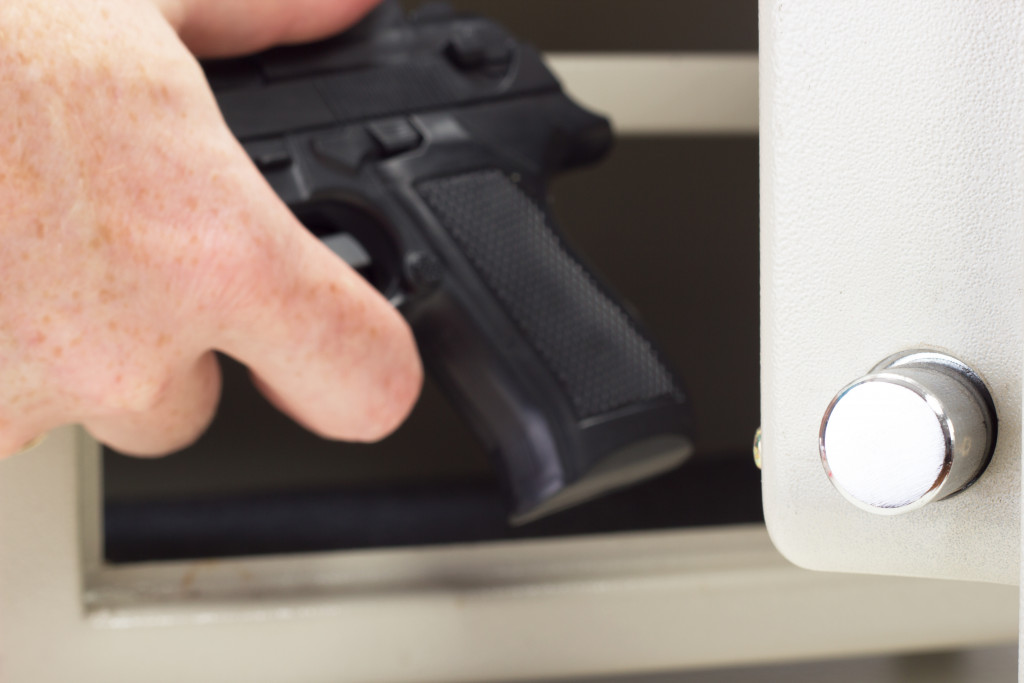
It’s not just essential to own a firearm legally. It’s also important to store it safely. Many states require firearms to be stored safely when not in use, especially if children are in the home. Additionally, if someone is injured or killed due to an improperly stored firearm, the gun owner can be held liable for negligence.
Use of force laws vary.
Another important legal aspect of owning a firearm is understanding the use of force laws. Use of force laws dictates when you can legally use your firearm to defend yourself or others. These laws can vary by state and locality.
Some states have a “stand your ground” law, which allows someone to use deadly force if they feel threatened, while others have a “duty to retreat” law, which requires someone to retreat if possible before resorting to deadly force.
Purchase from a licensed dealer.
When purchasing a firearm, buying from a licensed dealer is important. This ensures that you are following both state and federal laws. Licensed dealers must conduct background checks on potential buyers, which can help prevent firearms from falling into the wrong hands. Additionally, if you purchase from an unlicensed dealer, you may not have any legal recourse if something goes wrong with the firearm.
Be knowledgeable about gun charges.
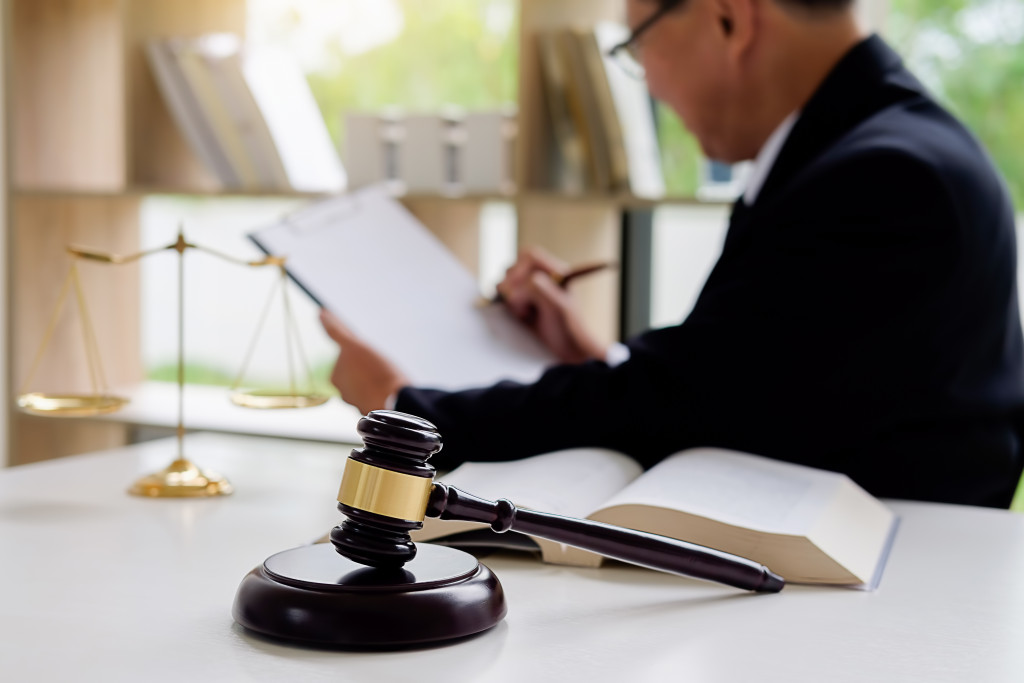
Even if you have all the necessary licenses and permits to own a firearm, you can still be charged with a crime if you violate any firearm laws. Knowing all applicable laws and regulations is important so you don’t inadvertently commit a crime.
And if you’re falsely accused, it’s important to consult with an experienced criminal defense attorney who can help you understand your rights and mount a competent defense. They can also advise you on the best course of action to take if you find yourself in a situation involving firearms.
Owning a firearm is an important responsibility, and it’s essential to understand the legal aspects of owning one. From understanding which firearms are regulated under federal law to being knowledgeable about gun charges, a lot goes into legally owning a firearm.
Additionally, you should always purchase from a licensed dealer and store your firearms safely when not in use. With these tips in mind, you can be sure you’re responsibly exercising your Second Amendment rights and staying on the right side of the law.

